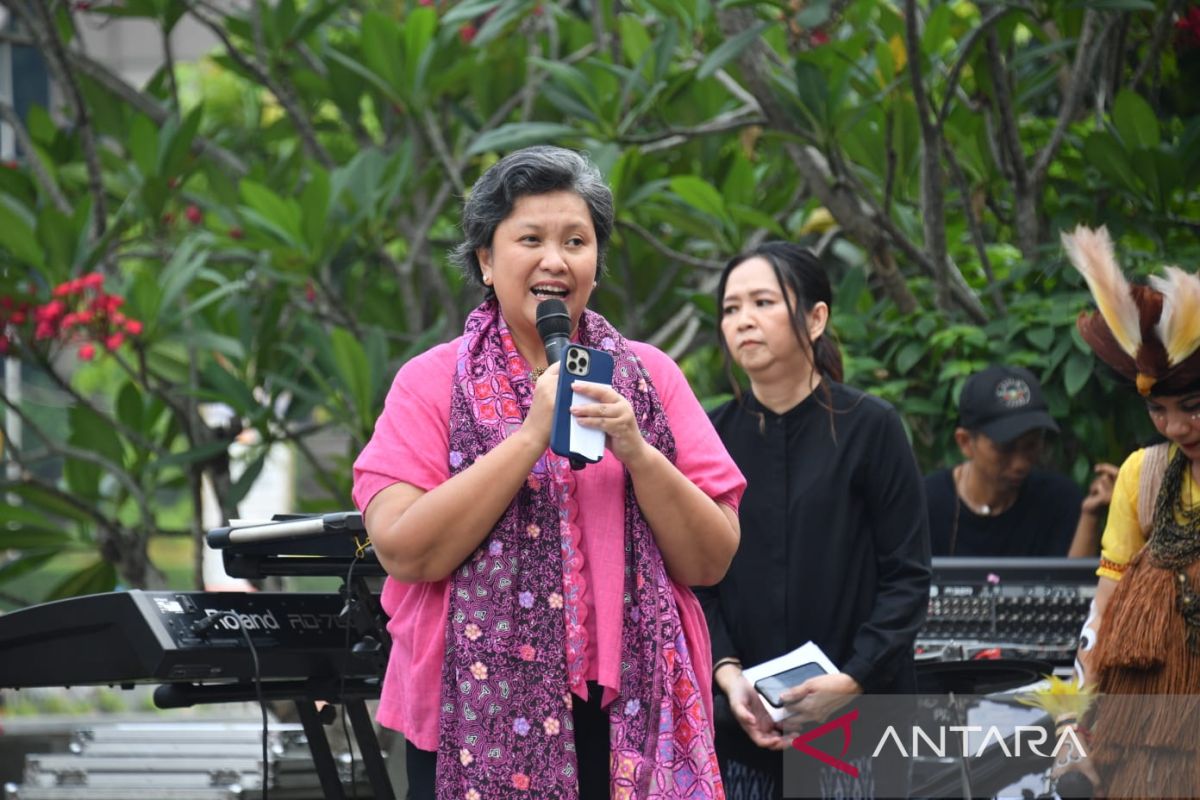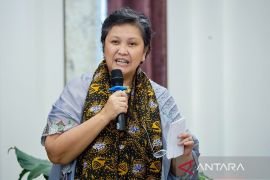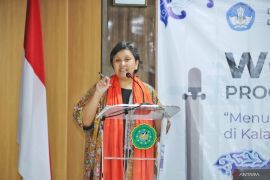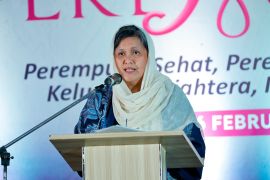"Amid the threat of global climate change impact that can make it easier for infectious diseases to spread, early disease detection capacity in a number of health service units must be increased," she said in a written statement issued by MPR here on Thursday.
According to her, the impact of climate change on public health must be anticipated by increasing the capacity of health service units that are located closer to people's homes, such as community health centers (puskesmas) and integrated health posts (posyandus).
Based on the World Health Organization's (WHO's) records, climate change will cause 250 thousand deaths per year due to malnutrition, malaria, diarrhea, and heat stress.
Apart from that, the direct damage costs to health are estimated to reach between US$2 billion to US$4 billion per year by 2030.
The WHO has also stated that climate change could indirectly effect a change in the social and economic conditions of the community which, as a result, could also affect people's mental health, Moerdijat added.
"The big impact of climate change on public health must be a serious concern for policy makers in this country," she stressed.
She said that the readiness of facilities and infrastructure for strengthening early basic health detection in the community must be maintained continuously.
"It includes the readiness of health personnel and adequate early detection equipment in the smallest health service units such as puskesmas," she explained.
Related news: Climate change causing an increase in infectious diseases: BRIN
Translator: Fauzi, Raka Adji
Editor: Yuni Arisandy Sinaga
Copyright © ANTARA 2023










